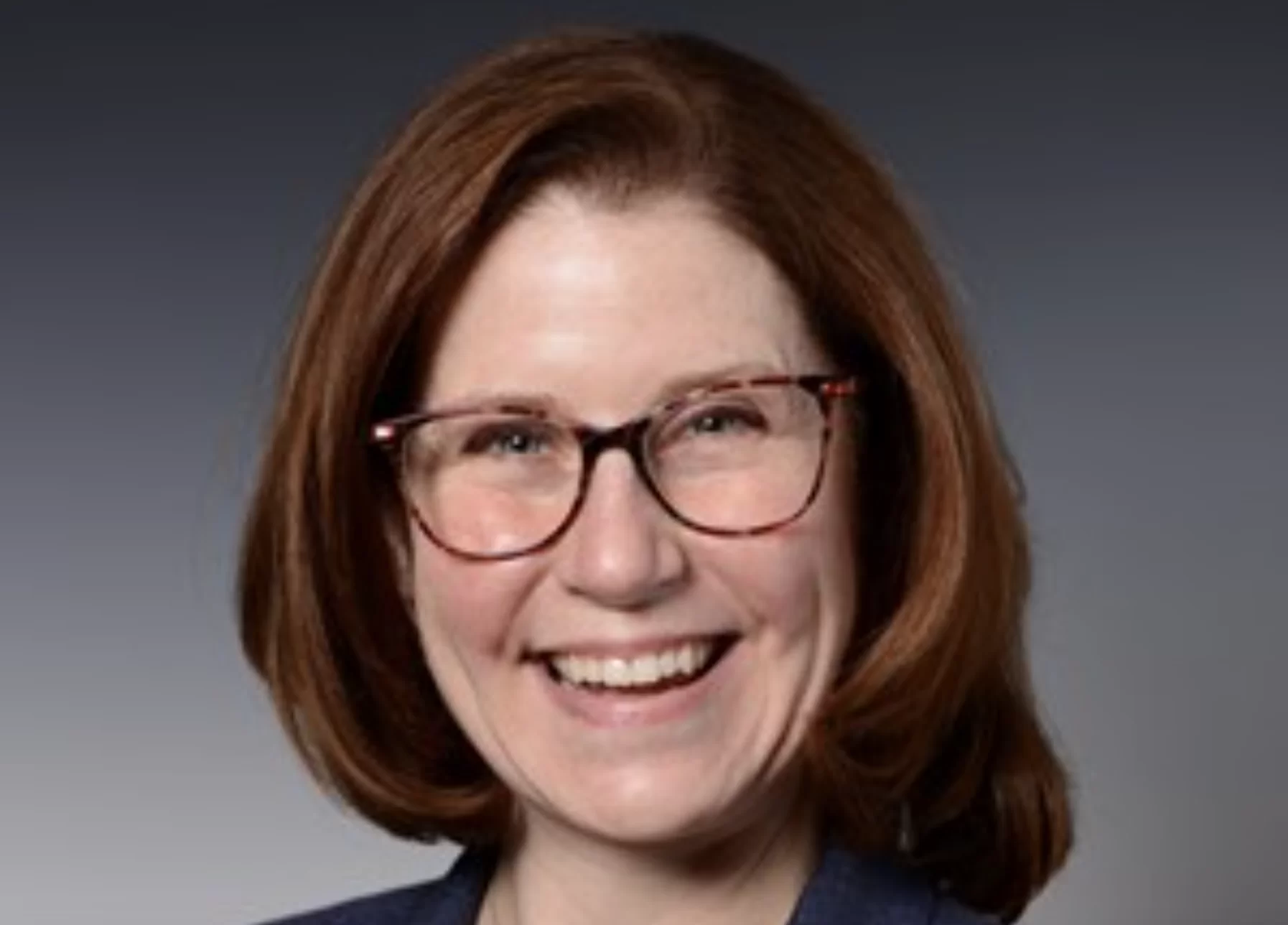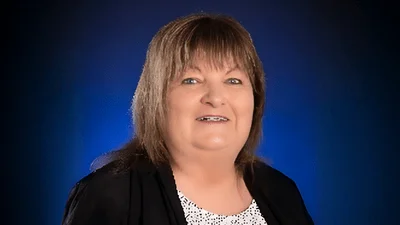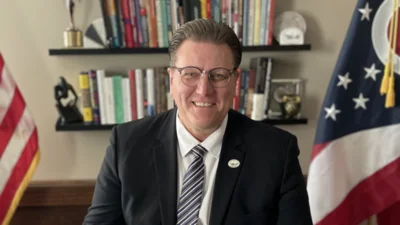Heidi Fought, Executive Director of the Ohio Township Association, has voiced opposition to proposed changes in zoning regulations that could significantly impact townships across the state.
The Building Industry Association of Central Ohio (BIA) has suggested alterations to zoning laws, including the elimination of referendums on township zoning decisions and the centralization of zoning authority at the state level.
Fought emphasized the importance of local control in zoning decisions, citing the unique needs and preferences of communities across Ohio.
“The zoning issue is related to the Building Industry Association of Central Ohio had a study done about housing and what the problems that they believe are the problems for getting housing projects completed and according to their study report, they made some recommendations,” Fought told Mount Vernon News.
The proposed changes have sparked debate over the balance between development interests and community input.
“There were two recommendations that directly impacted townships,” Fought said. “The first would be the elimination of referendums. So township zoning decisions would not be subject to a referendum by the people. That's number one. And then the second one that pertains to townships, they would like to see township zoning eliminated, except in limited home rule townships.”
While homebuilders are arguing for streamlining processes to facilitate housing projects, the Ohio Township Association advocates for preserving residents' ability to influence zoning decisions that directly impact their communities.
Fought expressed concern that shifting zoning authority to the state level would undermine the democratic process and diminish the autonomy of local decision-makers.
“To remove that local decision making about what each community wants to look like and instead place it at the state level,” she said. “You're just removing. Yeah, you're removing local control and again, we think that's an injustice.”
Fought’s comments come as central Ohio faces mounting pressure to address housing needs, with a clash emerging over the authority of local governments in zoning decisions.
According to the Columbus Dispatch, homebuilders represented by the Building Industry Association of Central Ohio are lobbying for changes that would curtail residents' ability to contest zoning changes, sparking opposition from the Ohio Township Association.
While builders argue for streamlining processes, townships advocate for maintaining local control over land use regulations, highlighting the ongoing debate over balancing development interests with community input.
Issue will not affect solar project exclusion zones
Fought said the zoning changes proposed by the homebuilders lobby would not affect the recent votes by Knox County townships to create exclusionary zones to limit solar projects from being built.
“The changes that were made to the alternative energy law did give townships a say in the project whereas before the county could choose to put the projects in with no input from the township, the counties would get to choose and sign off on the projects,” she said.
Fought did raise concerns about the unequal distribution of revenue from solar projects between counties and townships.
“Yet the county gets to financially benefit from these projects because they get to receive a per megawatt fee,” she said. “The townships don't get any of that revenue.”
Fought emphasized the direct impact of solar projects on township residents, infrastructure, and property values. Despite this, townships do not receive any share of the revenue generated from these projects.
“Those township roads are directly impacted,” Fought said. “Those township services are directly impacted. Those township property values are directly impacted. Yet the county gets to collect and keep the per megawatt fee.”
Fought has over two decades of governmental affairs experience and was selected as Executive Director of the Ohio Township Association in 2018.
Resolutions banning solar installations are being discussed across various townships with local officials mobilizing to restore local rule and halt the Fraiser Solar Project's expansion.
Around a dozen of Knox County's townships have voted on resolutions declaring exclusionary zones where solar projects are forbidden.
Those efforts have been led by Knox County Commission candidates Barry Lester and Bob Phillips.






